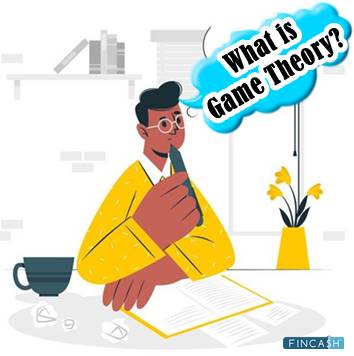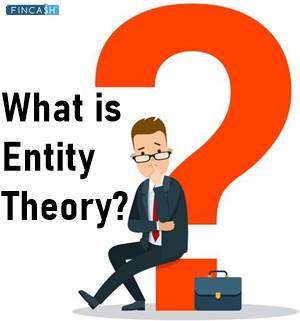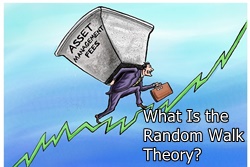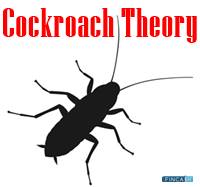
Table of Contents
What is Neoliberalism Theory?
Neoliberalism refers to a policy model that combines Economics and politics to transfer monetary authority from the government to the private sector. Several neoliberal policies aim to improve the functioning of free-Market Capitalism by limiting government expenditure, public ownership, and regulations.

Neoliberalism is linked to a Laissez-Faire Economy, an ideology that advocates for the government to intervene as little as possible in people's and society's economic affairs. According to a laissez-faire economy, continued economic progress will lead to technical innovation, free-market growth, and limited government intervention.
Characteristic of Neoliberalism
Here is a list of the key characteristics of Neoliberalism:
Market Regulations
Despite how much societal damage this produces, liberating "free" Industry or private business from any government (state) imposed Bonds is what neoliberalism offers.
Reducing Public Spending on Social Services like Education and Healthcare
Decreasing the poor-safety net, as well as bridge, road, and water-supply management — all in the name of reducing government involvement is inclusive in neoliberalism. However, neoliberalism does not oppose government subsidies and tax breaks for businesses.
Deregulation
Removing government regulation of everything that could reduce Earnings, including environmental protection and workplace safety, is also a part of neoliberalism.
Talk to our investment specialist
Privatisation
It means selling state-owned firms, goods, and services to private investors. Banks, vital businesses, railways, toll highways, power, schools, hospitals, and even freshwater are examples of this. Privatisation has generally resulted in concentrating wealth even more in a few hands and having the public pay even more for its needs, even though better Efficiency is often required.
Removing Public Good and Community Concepts
Removing the concepts of community and public goods and replacing them with individual responsibility comes under neoliberalism. Pressuring society's poorest citizens to discover answers to their lack of health care, education, and social security on their own, then criticising them as "lazy" if they Fail.
Neoliberalism vs. Liberalism
Liberalism is, at its heart, a comprehensive political theory that holds liberty to a higher standard and determines all economic, social, and political segments of society, including–but not limited to–function. In contrast, the government's Neoliberal policies are much more narrowly focused. Markets, as well as the practices and processes influencing the economy, are their primary concerns.
Neoliberalism and Libertarians
Libertarianism and neoliberalism are sometimes conflated. Neoliberals also tend to favour more government interference in the economy and society than libertarians. While neoliberals typically prefer progressive tax rates, libertarians frequently reject this position selecting schemes such as a Flat tax system for all taxpayers.
Furthermore, neoliberals frequently do not oppose initiatives that libertarians detest, including bailouts of significant industries.
Neoliberalism vs Capitalism
Capitalism promotes a free market economy where market forces such as supply and demand rule the market without government intervention. It emphasises the law and limits government intervention to law enforcement and administration.
Thus, capitalism refers to the economic practice, and neoliberalism is a philosophy that defines how societies that implement capitalism should be administered.
What is Neoliberalism in Globalisation?
Neoliberal globalisation is the most common type of globalisation. According to detractors, neoliberal policies attempt to create an economic framework that allows businesses to increase profits by lowering investment costs, cutting social protection, and promoting individualism. They claim that with the emergence of neoliberalism, economic logic, the logic of commodity markets, and accumulating finance Capital has become increasingly dominant and pervasive across society.
Neoliberalism Examples
Deregulation and privatisation are two pillars of capitalism that neoliberal economic policies emphasise.
The airline, telecommunications, and trucking industries are all examples of historically deregulated businesses. The penitentiary system, which includes for-profit jails, and the construction of interstate transportation systems are examples of privatisation.
Conclusion
Neoliberalism has been imposed by big financial entities all across the world. Neoliberalism benefits a small percentage of the world's population. It means even more pain for the vast majority: suffering without the small, hard-won achievements of the previous 60 years, suffering that never ends.
All efforts have been made to ensure the information provided here is accurate. However, no guarantees are made regarding correctness of data. Please verify with scheme information document before making any investment.












